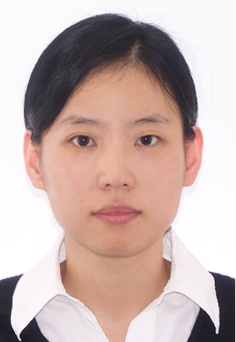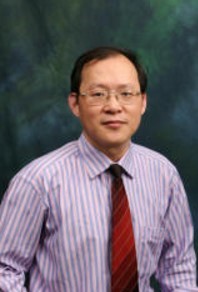报告时间:2021年12月9日15:00-17:00
报告地点:腾讯会议ID: 935 152 844
报告人: Shuangxia Niu;傅为农
工作单位:香港理工大学
举办单位:yl6809永利
报告人简介:


Dr. Shuangxia Niu received her B.Eng. and M.Eng. degrees in automatic control from Tianjin University, China, in 2002 and 2005, respectively. He received his Ph.D. degree in electrical and electronic engineering from The University of Hong Kong in 2009. Dr. Niu joined in Hong Kong Polytechnic University in Aug 2015. Now she is an associate professor with Department of Electrical Engineering, PolyU. From 2012 to present, She secured 6 renowned external fundings, including 1 RGC-ECS, 6 RGC-GRFs, 2 NSFC and 2 ITF funding and 5 internal fundings as Principal Investigator. Until present, totally 150 peer-reviewed journal papers have been published or accepted, most of which are published in IEEE transaction and 1 book chapter and 6 patents have been published. Total citation number is over 3000 citations and an H index is 32 in the Google Scholar. She gave 10 invited/conference talks in the past years and as well as numerous poster presentations in IEEE international conferences. Currently She is also actively involved in many large collaboration projects/grants as Co-I or team member, including 1 Larger-scale Collaborative Project, 2 RGC-GRFs, 2 ITFs, 1 CRG, 1 Postdoctoral Fellowships Scheme.She is a senior member of IEEE and attend IEEE international conferences every year, serving as Session Chair in many International Conferences including IEEE INTERMAG, COMPUMAG, ICEMS Conferences. She is Organizing Committee Member of International Symposium on Electrical Engineering Conference in 2016/2017. She is also the reviewers of some refereed journals, including the Journal of IEEE Trans. on Industrial Electronics, IEEE Trans. on Magnetics, IET Power Electronics, IEEE Trans. on Applied Superconductivity and etc..
报告简介:
Innovation is the soul of scientific research. How to innovate and break through is a question that we must always think about. Many factors in the design of traditional electromagnetic products are considered unchangeable. If these constraints are broken, there will be new degrees of freedom, and the structure of products will be diversified, and new products may be invented. This report takes the motor as an example, and describes how the most basic working principle of the motor has led to the invention of many new-structure motors.


